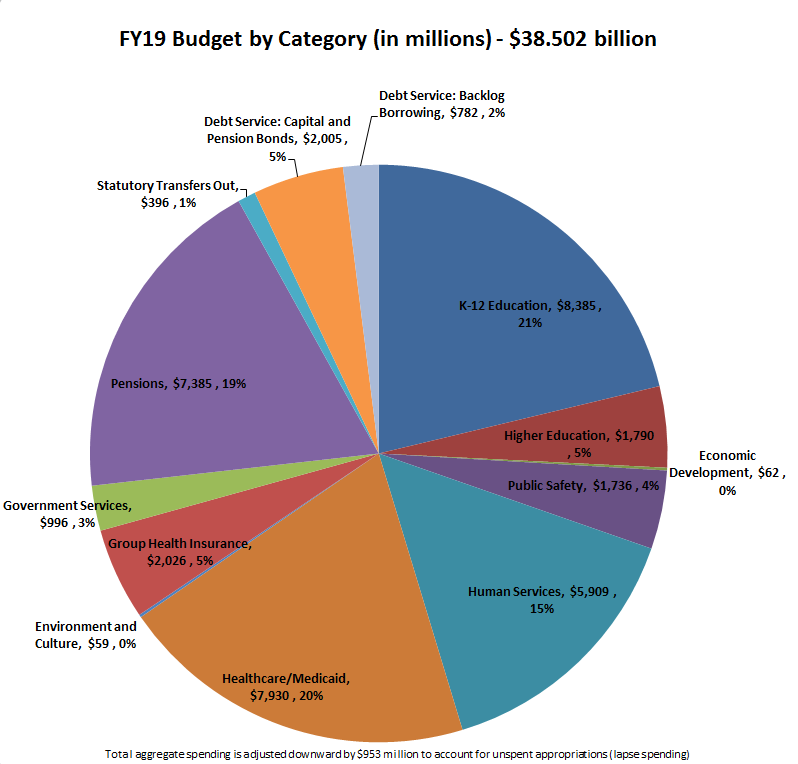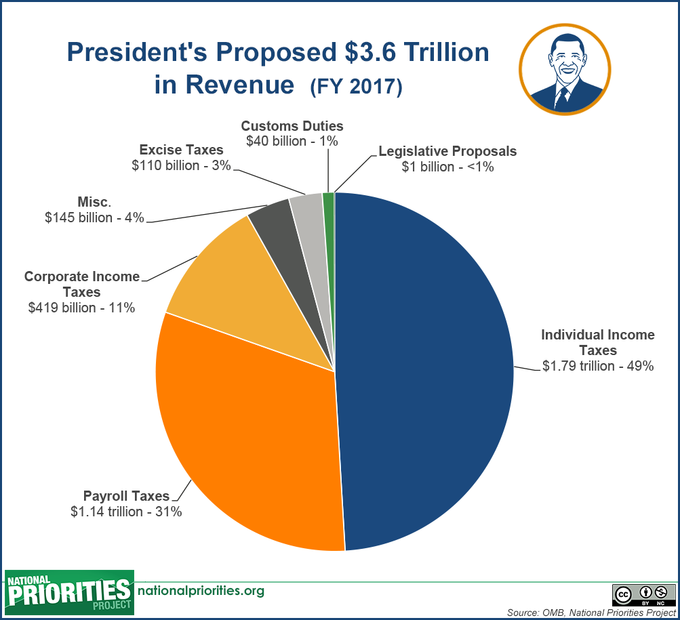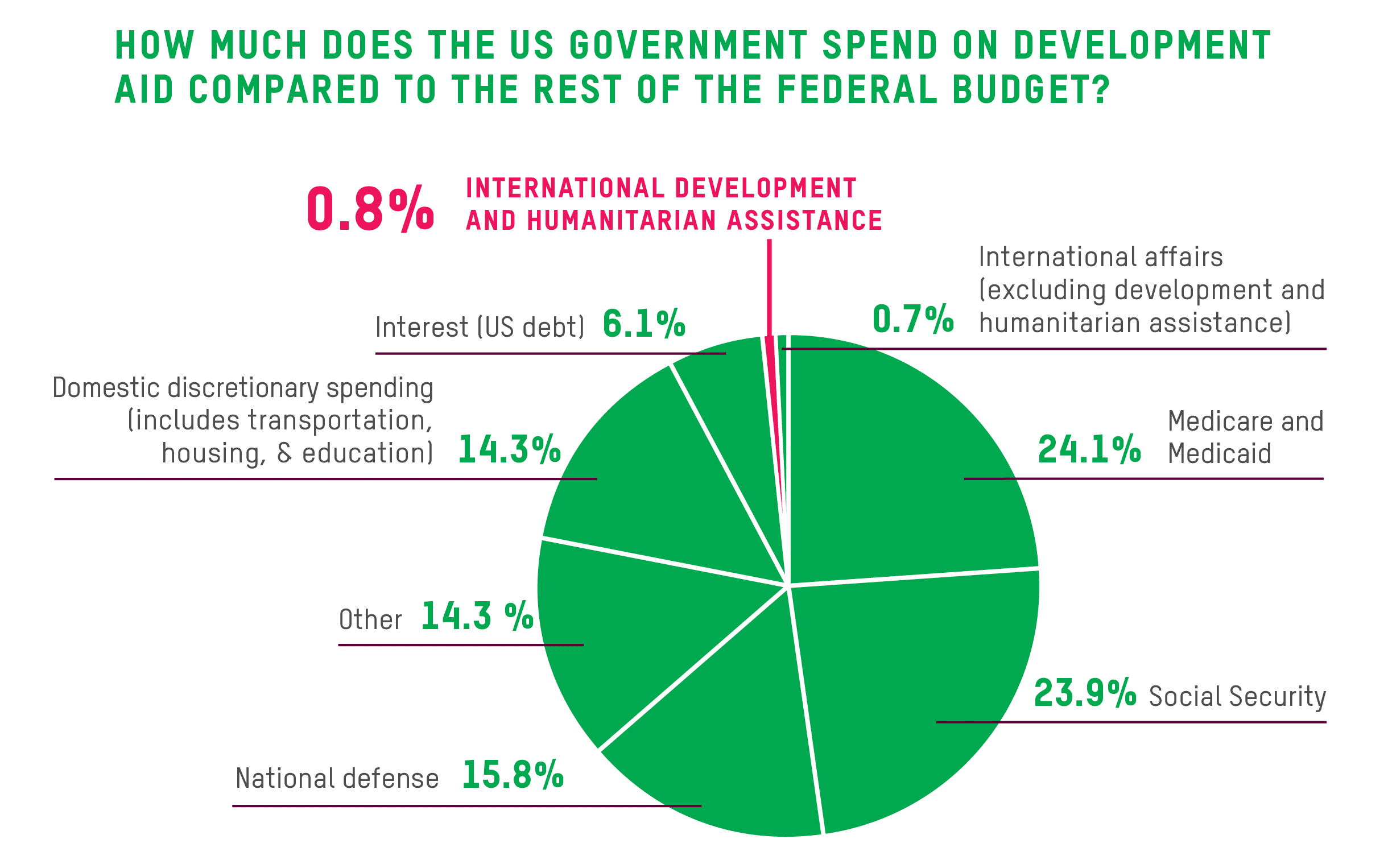
LiveWIRE entrepreneurs continue to have an economic and social impact. The entrepreneurs will use their funding to start a wide range of businesses in areas such as palm oil processing, poultry farming, solar energy and waste paper recycling. Shell LiveWIRE Nigeria awarded around $124,000 in business start-up funding to 50 budding young entrepreneurs from Ogoniland who successfully completed its enterprise development programme. In 2016, 7,889 people took part in LiveWIRE and small business development programmes, and 351 businesses were established. The programme is active in 15 countries where we operate.

Shell supports the building of new businesses to generate local employment and our LiveWIRE programme helps entrepreneurs turn their ideas into reality. The target is to reach 100 million households by 2020. In India, we sponsored a workshop for 14 cookstove and fuel businesses to help them grow in a sustainable way and support their applications for future funding.īy the end of 2016, the alliance and its partners had distributed around 53 million clean stoves. This helped 75 new fuel distributors start up and gave 250,000 households access to clean cooking fuels. In 2016, Shell co-funded seven pilot projects in China to explore a more market-driven approach to promoting clean cookstoves and fuels. Shell’s support to the alliance builds on the work of Shell Foundation, an independent charity that helped to set up the Alliance, together with the UN Foundation and US State Department. We have also contributed half of the alliance’s Spark Fund, a grant facility that supports the development of clean cooking enterprises globally. Since 2010, we have pledged $12 million to the alliance and provided in-kind support on leadership, business and technical skills. Shell is one of the founding partners of the Global Alliance for Clean Cookstoves, a public-private partnership that helps to create a thriving global market for clean and efficient household cooking solutions. The alliance’s goal is for 100 million households to gain access to clean and efficient cookstoves and fuels by 2020. Together with its partners, the company will provide investments and technical support to address energy poverty in unserved and underserved communities. In Nigeria, we created an independent, not-for-profit company to help establish the market for off-grid renewable energy in the country. In 2016, we launched another micro-grid programme for a fishing community, mainly using wind, backed up by solar and diesel. It provides the local Batak tribe with a continuous electricity supply. In the Philippines, through the Pilipinas Shell Foundation, we funded a micro-grid that uses hydropower and solar energy to power an indigenous village in Palawan. At Shell, we apply our core business skills and technical resources to bring energy to communities that need it and where we have a presence. The ability to obtain reliable and safe energy enables economic and social development, and improves the health, education and livelihoods of people around the world.

Nearly 3 billion people rely on solid fuels for cooking. View OFA’s national (PDF) and individual state pie charts (PDF)for more information on how states used their TANF and MOE funds in FY 2017.More than 1.1 billion people in the world have no electricity – and a billion more only have access to unreliable and unsafe power networks. From FY 2016 to FY 2017, the amount of funds used for basic assistance and child care decreased (by $314 million and $110 million, respectively) while the amount used for work, education, and training activities increased by $444 million -however this was reflective of an increase in only a few states.OFA’s interactive map shows the distribution of this spending by state. 27 states used less than half of their TANF and MOE funds on the combination of basic assistance work, education, and training activities and child care.16.1 percent was used for child care (including funds transferred to the Child Care Development Fund).


10.5 percent was used for work, education, and training activities and.22.7 percent of TANF and MOE funds was used for basic assistance,.In FY 2017, combined federal TANF and state maintenance-of-effort (MOE) expenditures and transfers totaled $31.1 billion.The Office of Family Assistance (OFA) has posted the fiscal year (FY) 2017 Temporary Assistance for Needy Families (TANF) financial data tables, along with an interactive map and national (PDF) and state pie charts (PDF).


 0 kommentar(er)
0 kommentar(er)
